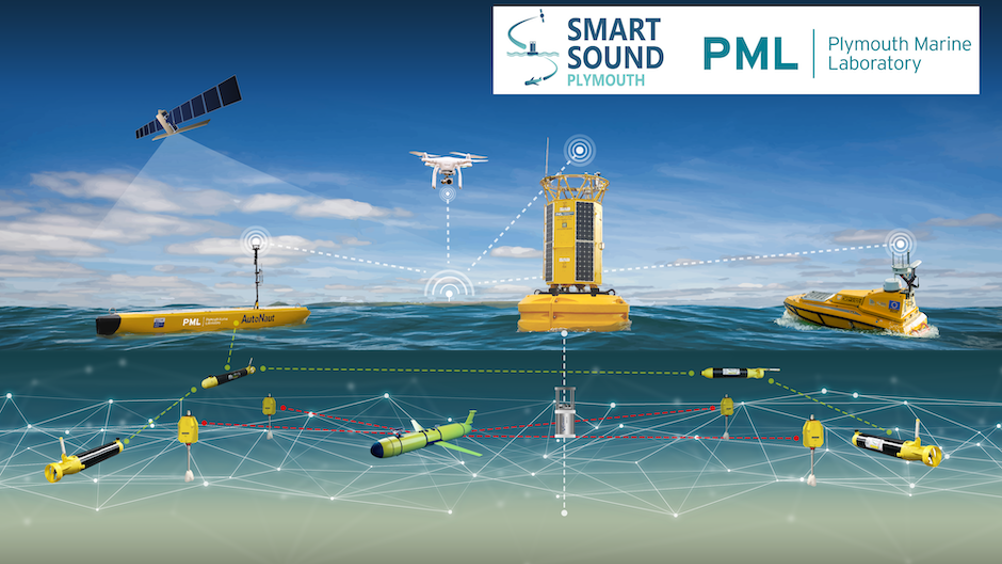Smart Sound Plymouth to deploy autonomous fleet
An autonomous marine fleet is headed for the Plymouth coast as part of Smart Sound Plymouth, led by Plymouth Marine Laboratory (PML).

Smart Sound Plymouth is a platform created for developing high-tech products and services for the marine sector. It is delivered by a range of partners from the Future Autonomous at Sea Technologies (FAST) Cluster, which includes members across industry, academia and government. The area stretches over 1000km2 of ocean and is home to the Western Channel Observatory.
With support from the European Regional Development Fund (ERDF), an 8.5-metre-tall Autonomous Data Buoy will be deployed by PML to deliver high-resolution data to scientists working on the Western Channel Observatory through its autonomous water column profiling system.
PML said that where previous buoy systems only measured in surface waters, the new profiled datasets will deliver an ‘unprecedented understanding’ of the area and its marine ecosystem. The platform was built by Mobilis and provided through Hydrosphere UK.
Register now to continue reading
Thanks for visiting The Engineer. You’ve now reached your monthly limit of news stories. Register for free to unlock unlimited access to all of our news coverage, as well as premium content including opinion, in-depth features and special reports.
Benefits of registering
-
In-depth insights and coverage of key emerging trends
-
Unrestricted access to special reports throughout the year
-
Daily technology news delivered straight to your inbox










Water Sector Talent Exodus Could Cripple The Sector
Maybe if things are essential for the running of a country and we want to pay a fair price we should be running these utilities on a not for profit...